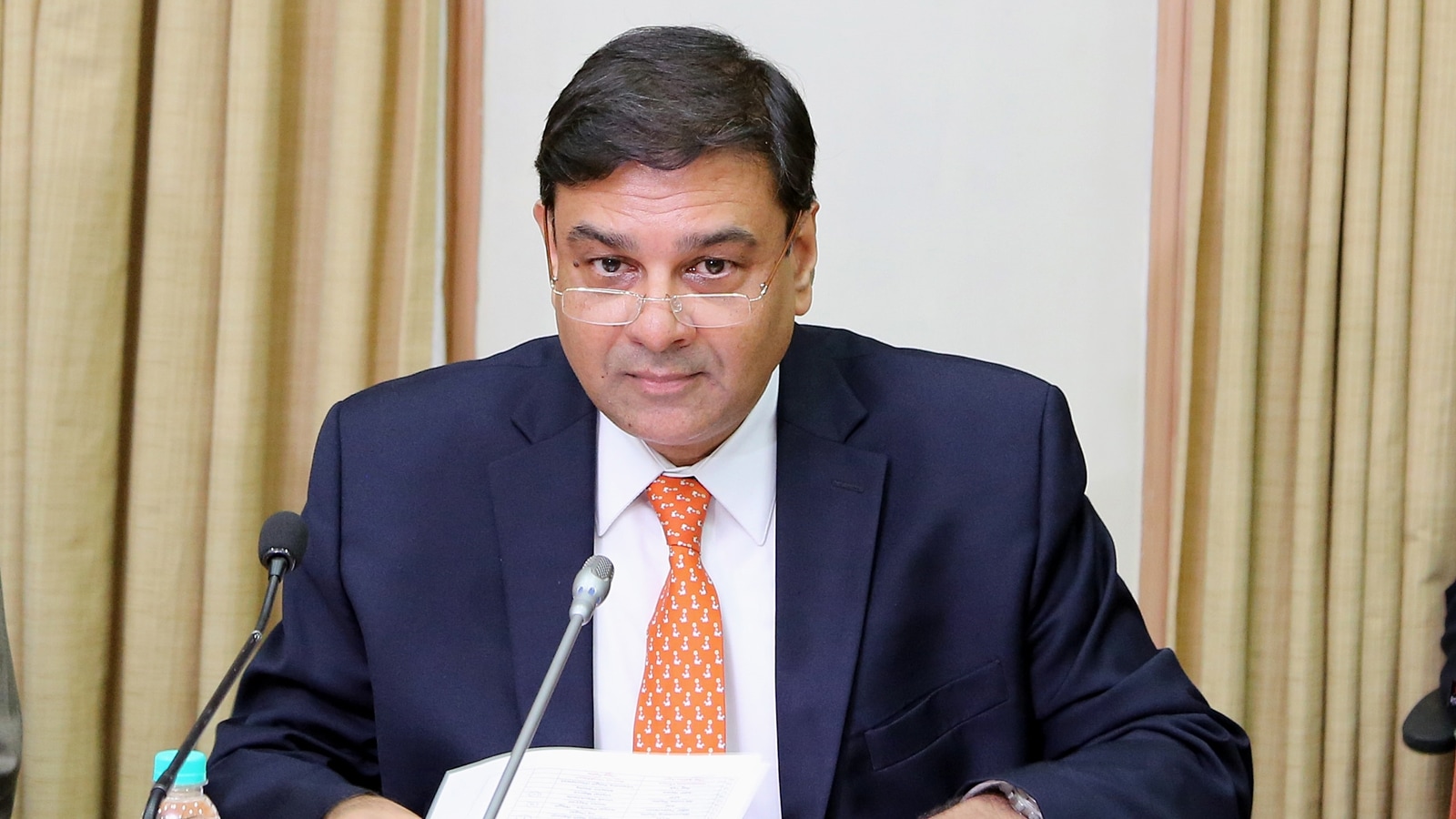
Urjit Patel on US Tariffs Impacting Indian Exports
Urjit Patel, India's newly appointed Executive Director at the International Monetary Fund (IMF), has raised concerns about the impact of US tariffs on Indian exports. According to Patel, about 55% of Indian goods exported to the US are facing punitive tariffs, which has created significant investment uncertainty. He emphasizes the need for the Indian government to mitigate the pain experienced by affected sectors while also exploring new markets.
In an interview with The Indian Express, Patel pointed out that despite the challenges posed by US tariffs, global trade remains stable. He noted that 87% of global trade continues as usual, providing opportunities for trade deepening in other regions. Patel acknowledged the importance of addressing the immediate economic pain caused by tariffs but encouraged looking for new markets and sectors that could benefit from international trade.
Patel also discussed India's decision to buy cheaper Russian oil, which he believes has a positive impact on the country's balance of payments. He argued that this choice should be seen as a sovereign right, allowing India to make economic decisions in its best interest. He urged for careful calculations to compare the benefits of Russian oil purchases against potential losses from US tariffs on exports.
The uncertainty surrounding tariffs has raised investment concerns, with Patel highlighting the high costs associated with abrupt changes in tariff policies. He stated that these uncertainties not only affect directly impacted countries but also have broader implications for the global economy. Patel criticized multilateral institutions for not adequately addressing the economic instability caused by sanctions and counter-sanctions, calling for more transparency and granular estimates of their impacts.
Patel also reflected on India's association with BRICS, emphasizing its importance as an inclusive group that provides risk mitigation, not necessarily as a counter to external economic policies. He highlighted the significance of the New Development Bank and other financial entities within BRICS for fostering mutual interests among emerging markets.
Finally, Patel commented on climate financing, noting that developed countries are often the largest consumers of high carbon intensity products. He expressed skepticism about the fairness of the Carbon Border Adjustment Mechanism (CBAM) and its potential implications for emerging markets. Patel's insights underline the complexities of navigating international trade and economic policies in a rapidly changing global landscape.











